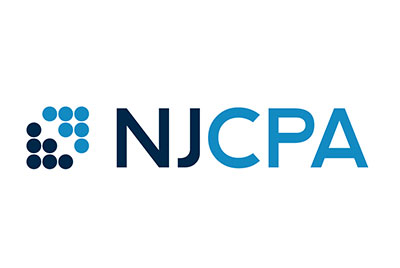NJCPA Proposes Additional Pathway to CPA Licensure with Modification to NJ Statute
–
May 15, 2025

Recognizing the need to increase access to the accounting field, the New Jersey Society of Certified Public Accountants (NJCPA) has proposed an additional pathway to obtain CPA licensure in New Jersey. The NJCPA is calling to modify New Jersey’s Accountancy Act to enable CPA candidates to qualify for licensure by earning a bachelor’s degree, completing two years of experience and passing the CPA Exam. The bill (A5598), which is sponsored by Assemblyman Sterley S. Stanley (D-East Brunswick), passed the Assembly Regulated Professions Committee on May 15.
Under current law, candidates for a license must earn at least 150 credits (a bachelor’s degree plus 30 extra credits, or a master’s degree), gain one year of work experience in accounting and pass the CPA Exam. While this option would still be available, the proposed new qualifications would be another route for candidates. The New Jersey State Board of Accountancy (NJBOA) supports the additional licensure pathway.
The bill also provides for individual practice privileges for out-of-state licensed CPAs who have a bachelor’s or higher degree, have passed the CPA exam and have at least one year of experience.
In a recent NJCPA survey, 66% of the 187 businesses surveyed reported having difficulty finding accounting talent over the past 12 months. Of those companies, 47% said this has posed a moderate or high risk to their operations.
“The introduction of an additional path to CPA licensure will allow for greater flexibility in the licensure process without compromising the rigorous educational and experiential requirements that ensure CPAs remain trusted advisors,” said Aiysha (AJ) Johnson, MA, IOM, CEO and executive director of the NJCPA. “Keeping the profession open and accessible to promising young professionals is crucial, not only to the accounting field itself but to the communities CPAs serve.”
The information in this guide has been gathered from many sources, including the Internal Revenue Service, the Social Security Administration, state agencies, professional organizations and members of the NJCPA. The majority of state agencies offer online and prerecorded services. It’s best to check online or call before you visit.
Material contained within this guide should be augmented by, and used in accordance with, a certified public accountant's professional judgment. Your CPA can properly apply the tax laws and regulations to the facts and circumstances of your particular situation. For help with locating a CPA, visit findacpa.org.
The New Jersey Society of Certified Public Accountants is not responsible for any claims arising as a result of this information or its usage.
This guide was updated in September 2025. Future users of this material are cautioned that some portions, particularly tax-related information, may become outdated.